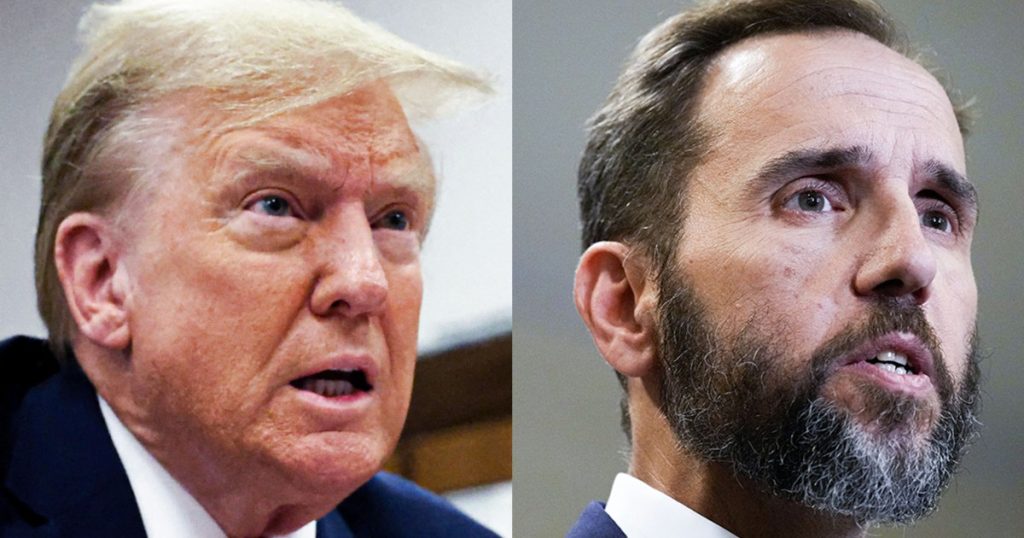The Supreme Court is set to consider former President Donald Trump’s claim of total immunity from criminal charges related to his efforts to overturn the 2020 election results. Trump argues that he should be shielded from prosecution for “official acts” while in office, a claim most legal experts find questionable. The outcome of the case, particularly in terms of what constitutes an official act and the speed of the court’s ruling, will be closely watched. The case highlights the scrutiny on the court, which has a conservative majority including three justices appointed by Trump.
The court’s decision to take up the case has raised questions about the possibility of a trial before the upcoming November election. Trump has argued that denying a president immunity would make them vulnerable to extortion, limiting their ability to act effectively. A federal appeals court previously ruled that Trump was not immune from prosecution as a private citizen, challenging the idea that executive privilege continued to protect him once out of office. The original trial schedule set by U.S. District Judge Tanya Chutkan aimed for Trump’s trial to have started already but has now been disrupted by the Supreme Court’s involvement.
The indictment against Trump includes charges of conspiracy, obstruction, and fraud related to his efforts to overturn the election results. Federal prosecutors argue that his actions constituted criminal behavior, while Trump maintains he was expressing genuine concerns about election integrity. The case involves a series of crimes allegedly committed by Trump as he sought to undermine the election results. While some Jan. 6 defendants have admitted to being misled, Trump insists he believed the election was fraudulent. Special Counsel Jack Smith has pushed for a trial to proceed immediately, arguing against any claims of immunity for Trump.
The Supreme Court faces various options in deciding the case, which may not fully resolve the immunity issue. One possible outcome could see the court rejecting Trump’s arguments while sending the case back to a lower court to determine if any of the cited conduct constitutes official acts. This process could further delay a trial, making a verdict before the election unlikely. The case raises complex legal questions about the extent of immunity for a former president and the implications of such protection on accountability and the rule of law. The decision of the court, particularly given its conservative majority, will have significant implications for future cases involving presidential immunity.













